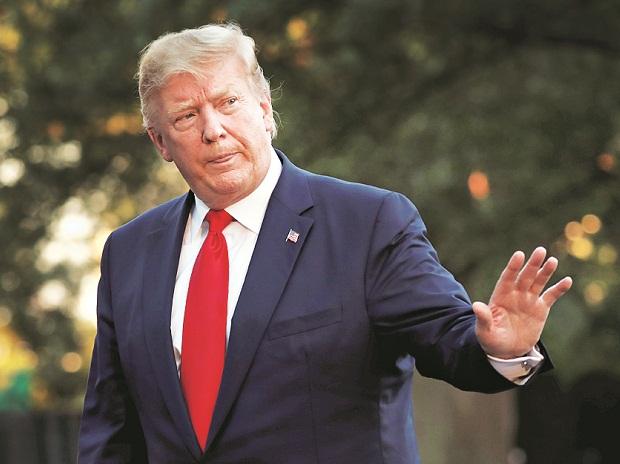Jammu & Kashmir special status: Decoding Article 35A and Article 370
While popular notion is that Article 35A and Article 370 give J&K a special state status, the Centre has similar arrangements with several others. We explain the two statutes to demystify the issue

Current Affairs: With speculation rife that the Bharatiya Janata Party (BJP) -led central government could remove Article 35A and article 370, which give a special status to Jammu & Kashmir, there is a lot of confusion as to what these two statutes entail. Political parties on either side of the debate have voiced their opinion, with some calling tinkering with Article 35A “like setting powder keg on fire”, while others have supported the idea calling it a move to unify of the country.
What is Article 35A?
This provision of the
Constitution allows the Jammu & Kashmir state Assembly to define
who is and is not a “permanent resident” of the state. To further
break it down, this provision of the Constitution gives the
legislators from Jammu & Kashmir the exclusive power to determine
as to which people in or outside the state will have special rights
and privileges granted by the state.
The provision, inserted
through a special Presidential order in 1954, also gives the state
Assembly powers to determine the recipients of state grants, the
right to purchase land and property in the state, as well as settling
permanently in the region. Other than this, the legislative Assembly
of Jammu & Kashmir can use the provision to restrict rights of
any person not classified under “permanent resident” of the
state. Read
More


Comments
Post a Comment